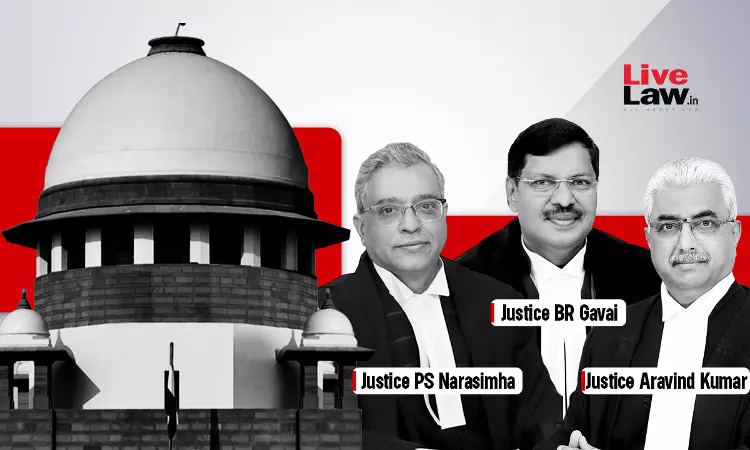The Supreme Court (on January 04), while allowing the criminal appeal of the accused-appellant, observed that during a trial, the prosecution could not seek to prove a fact that the witness has not stated in his/her statement under Section 161 (Examination of witnesses by police) of the Code Of Criminal Procedure, 1973."Prosecution cannot seek to prove a fact during trial through a witness...

